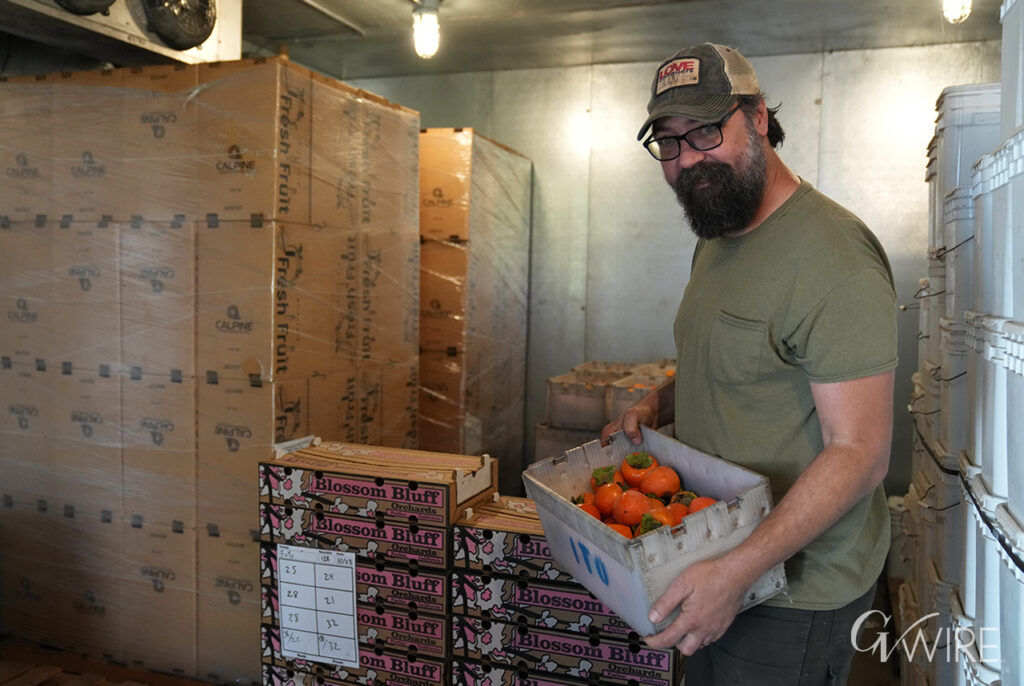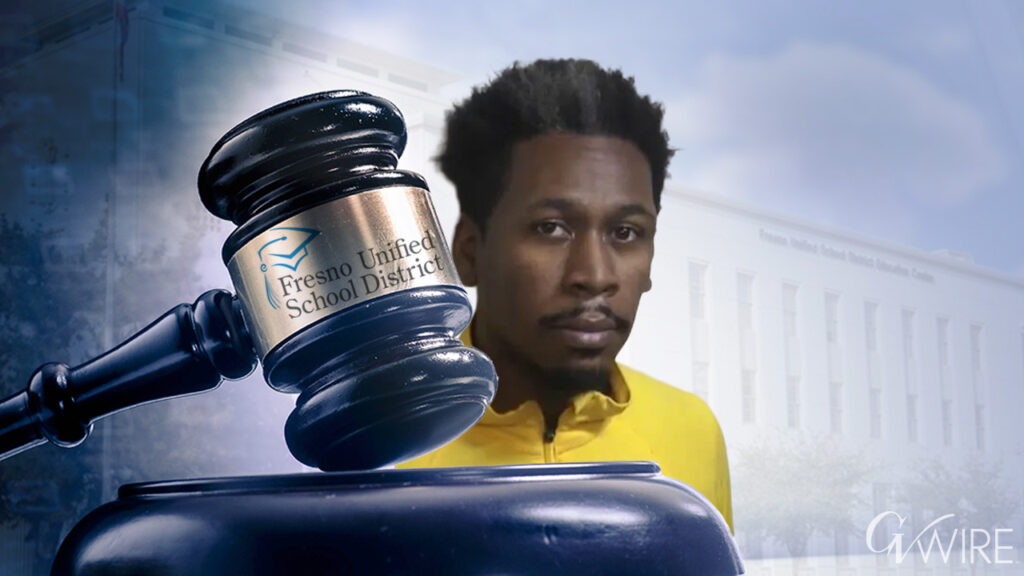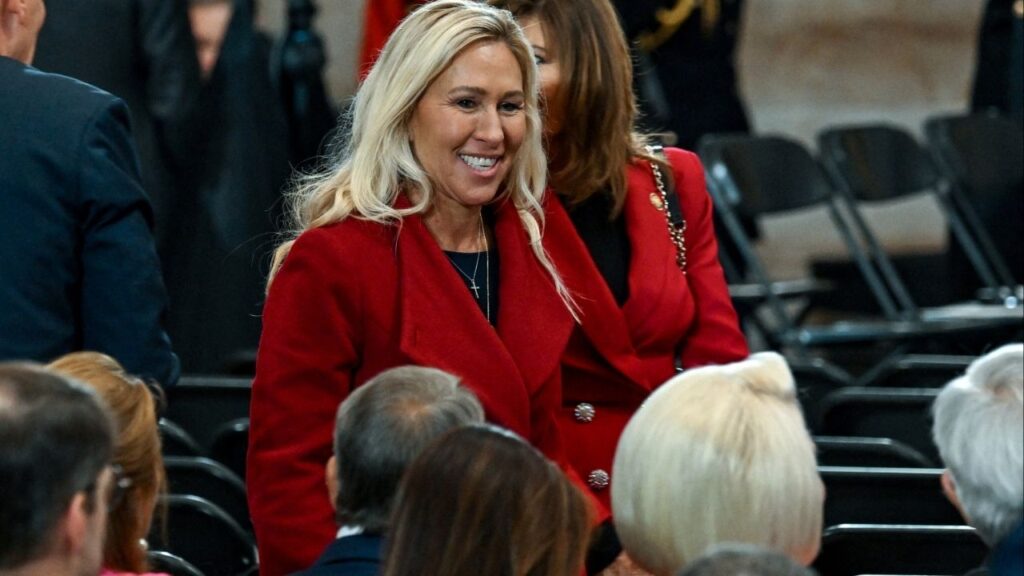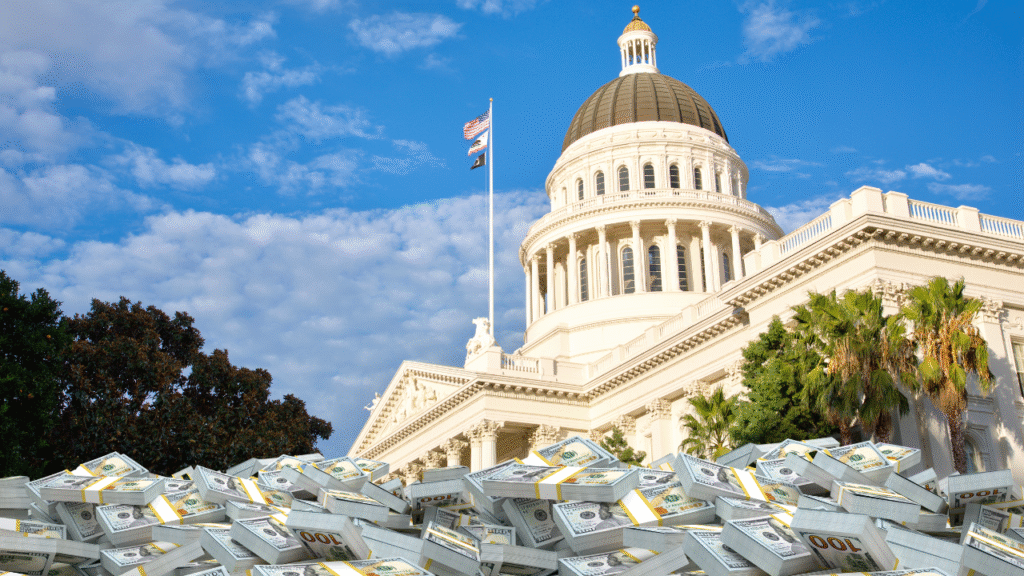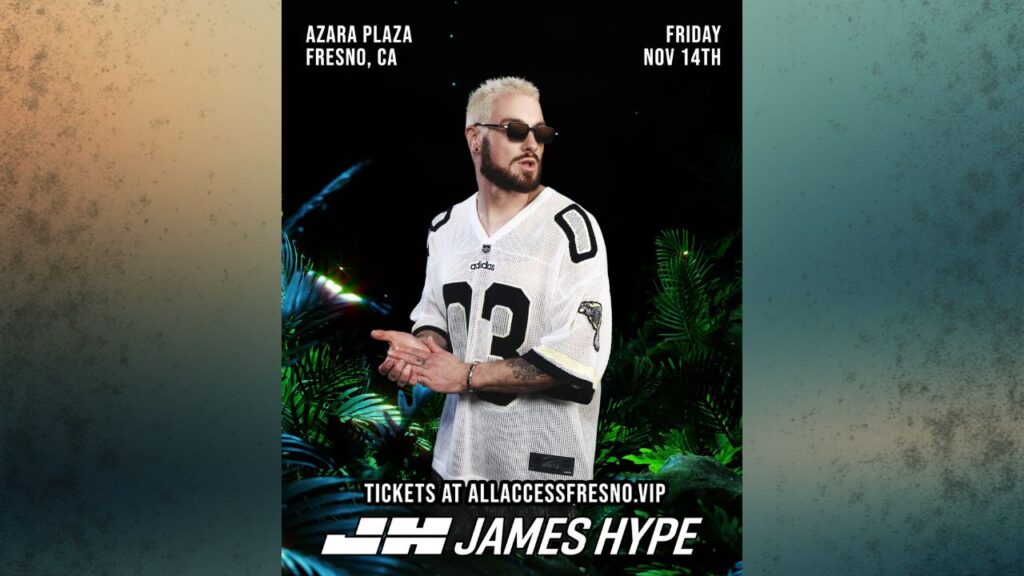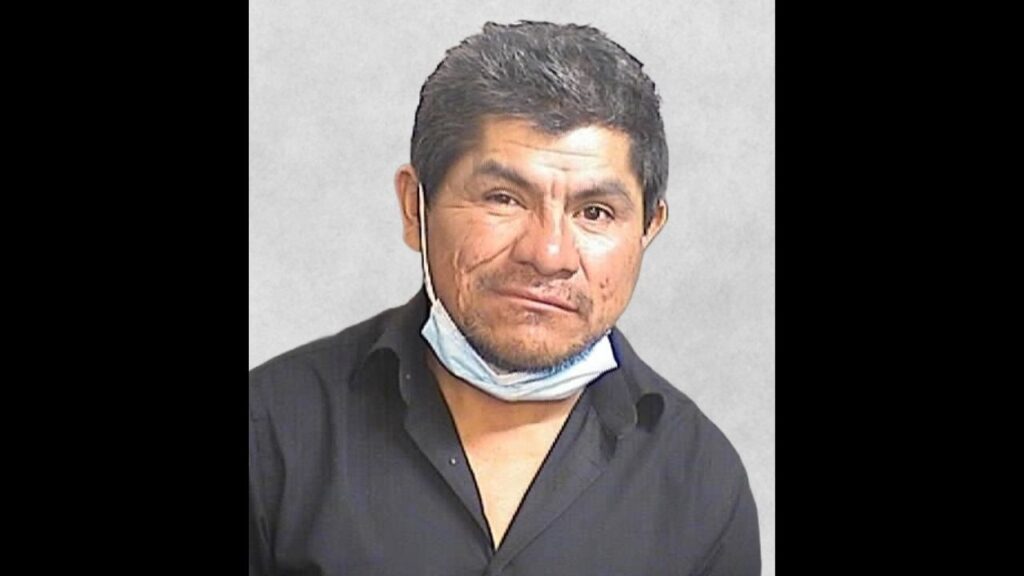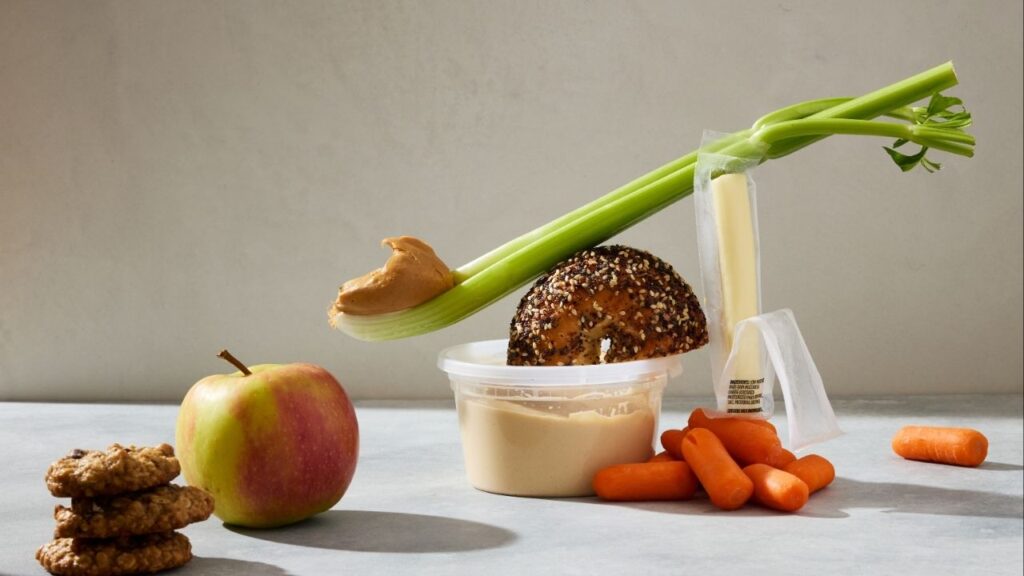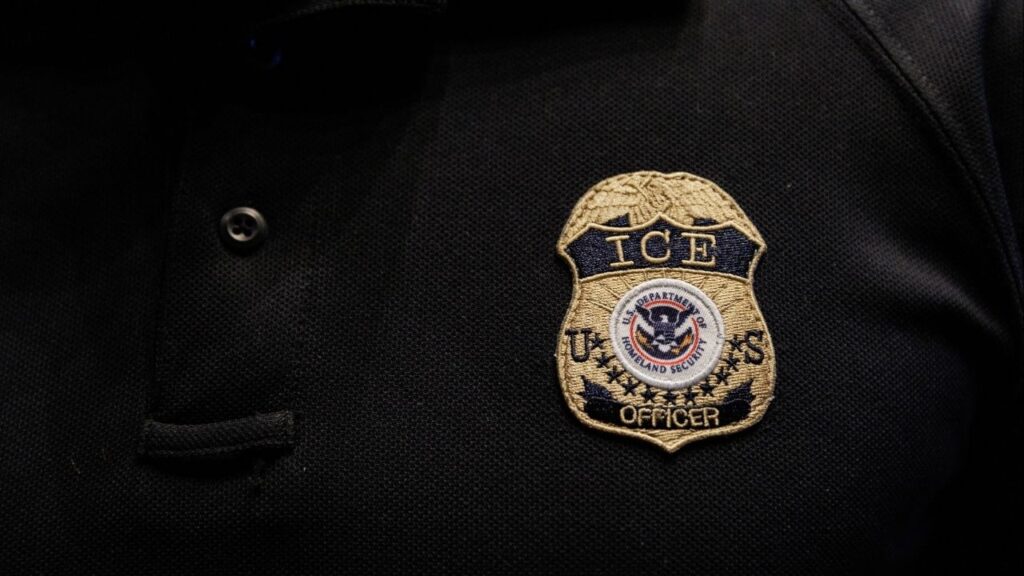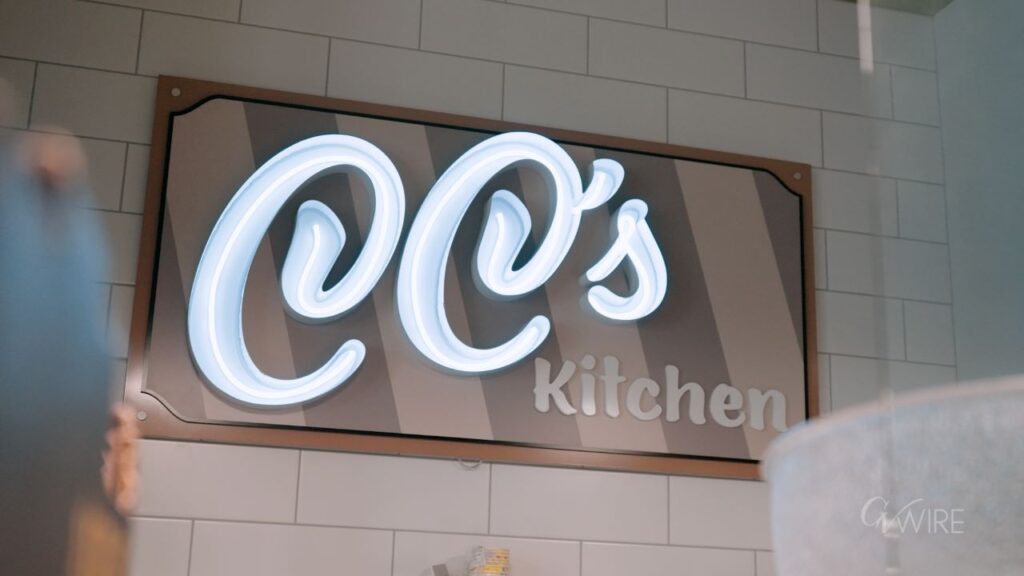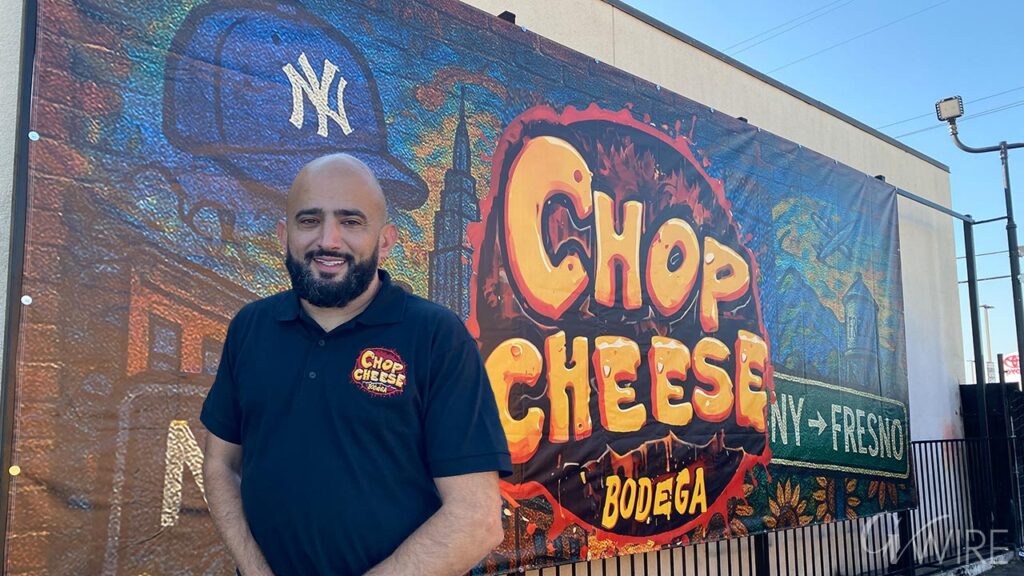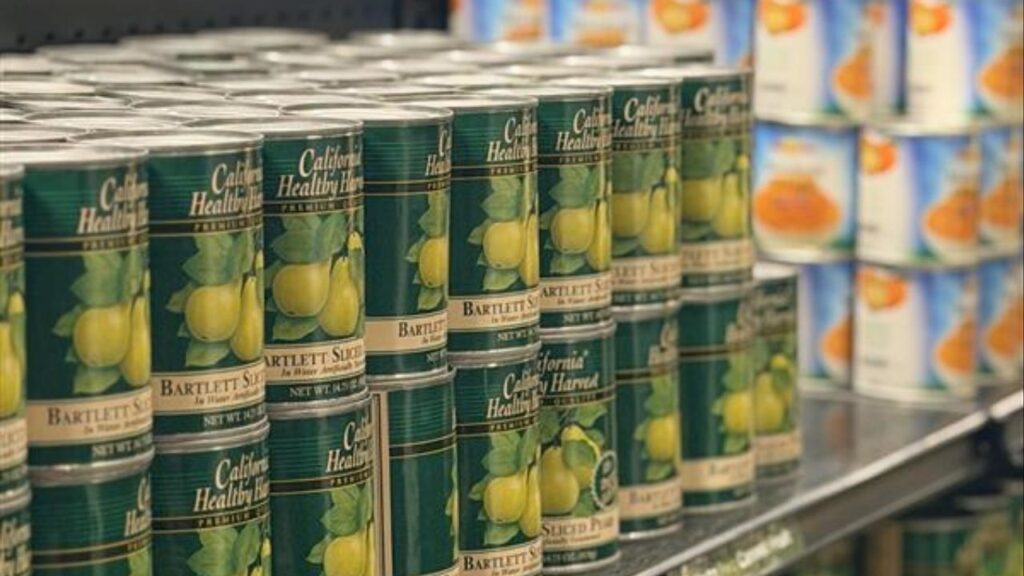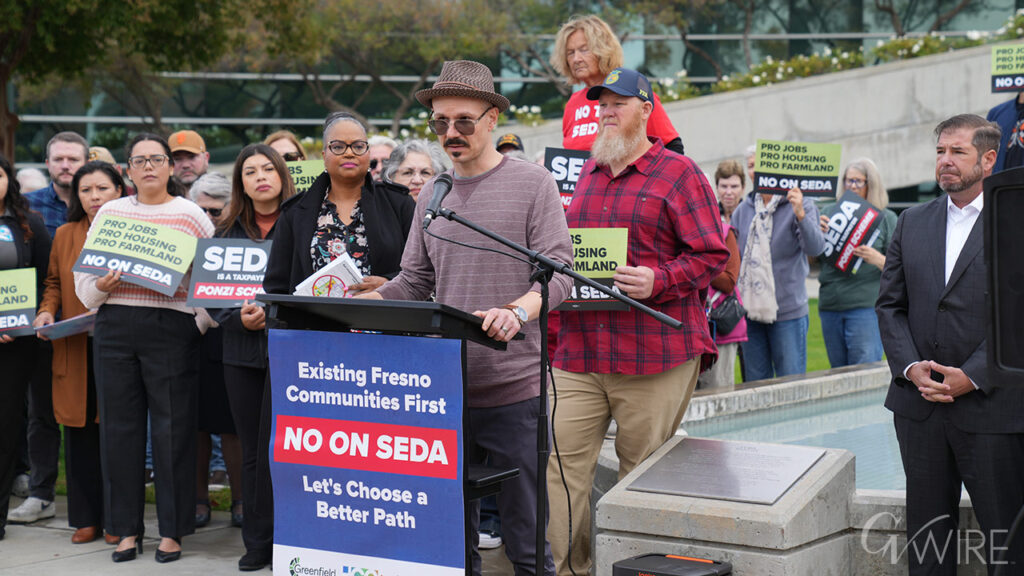America’s brief unity after 9/11 was built on fear, and today’s tragedies, like Charlie Kirk’s killing, reveal how divided we remain.(Shutterstock)

- Childhood innocence shattered on Sept. 11, as fear and prejudice became lifelong companions shaping how I saw my country.
- Post-9/11 unity was powerful but bittersweet, bound by grief and suspicion — a reminder that fear can hold a nation together.
- Today’s tragedies, like Charlie Kirk’s murder, deepen division instead of healing it, showing how far we’ve drifted from real empathy.
Share
|
Getting your Trinity Audio player ready...
|
I was a deep sleeper as a kid. My mom used to have to wake me up multiple times just to get me to school. But that morning, Sept. 11, 2001, she didn’t need to. Something was different.

Anthony W. Haddad
The Millennial View
I woke to muffled cries coming from down the hall, growing louder as I walked to the family room where we always gathered to watch cartoons while we scarfed breakfast.
She was sitting on the edge of the coffee table, her face frozen in disbelief, eyes glued to the TV as the towers fell. I was in second grade. I didn’t yet understand the scale of the tragedy, but I felt it, viscerally. The world felt smaller, scarier, and somehow unrecognizable.
Later that day, in class at Fresno Christian, Mrs. Keck dimmed the lights and turned on the projector. Her room smelled faintly of glue and new pencils, the shelves lined with tiny toys and stuffed bears that suddenly seemed out of place next to images of smoke and fire.
She explained what was happening as best she could, but even her voice trembled. That’s when I began to grasp the magnitude — that people, entire cities, would never be the same.
I’m a white guy — pale, freckled — but half of me carries Arab genetics. I carry my father’s very Arab last name. That fact, which had been invisible before, suddenly became dangerous.
The questions started almost immediately. “Are you Muslim?” “Where’s your family from?” My family grew up Protestant.
Every trip to an airport became a silent gamble: Would we be “randomly selected” for extra screening again?
The answer, till this day, is always yes.

I watched the way people looked at my father, my family, differently. And I was scared. Not just scared of terrorists — scared of my own country, scared for the people I loved, scared for my family simply because of who we were.
Growing up, every headline from the Middle East became a private moment of panic. I would silently hope that “Arab” or “Muslim” would not appear in the story, because I knew the chain reaction it would trigger: whispered questions, stares, subtle acts of suspicion. I learned early that fear could turn into prejudice overnight.
But even in the fear, there was something that caught my eight-year-old heart: the way the country seemed to come together. Flags waved in every yard. Patriotic songs echoed on the radio. People volunteered, donated, mourned together. It was beautiful, almost intoxicating — a moment of unity unlike anything I had ever seen. And yet, that unity was bitter-sweet. It felt tied to suspicion and blame.
Our Country Was Together, for a Time
I realized, even then, that bias could hide behind good intentions. I watched friends’ parents whisper about “those people,” while others shouted about freedom and justice. And I wondered: Could our country really be united if fear was part of the glue holding us together?
Now, decades later, that fear hasn’t left me. Every time I travel internationally, there’s still a “special security screening” waiting for me. Whenever there’s news of an attack abroad, my chest tightens. And I still think about the day my innocence ended — the day I first realized that being myself might put me, or the people I love, at risk.
I think about my brother, with his traditional Arabic name, my father, my family — people who, through no choice of their own, began to be seen differently that day. I think about all the kids like me, growing up learning early that the world could turn on you for something you cannot change.
And I mourn what we lost that day, beyond the towers. The country’s fleeting unity. The innocence of childhood. The sense that safety and identity could coexist.

I wish our country could find this kind of unity today, yet we seem trapped in a cycle of division and conflict. I fear that only tragedy can bring us together and that is a hope I cannot bear.
We will never forget the lives lost, the acts of bravery, the heartbreak of that day. But for some of us, the shadow of 9/11 never truly lifted. It lingers in the eyes of strangers, in the tension of airport lines, in every breaking news alert. It made us question what it really means to belong — how fragile that sense of home can feel when fear takes hold.
And perhaps the hardest truth of all is this: patriotism without understanding can wound as much as it heals. Unity without empathy can make some of us feel invisible, misunderstood, or afraid to be exactly who we are.
This is not to diminish the grief of those who lost loved ones, whether here or abroad. Parents, grandparents, children — their absence carved wounds into countless hearts, including mine. A morning that began like any other became a day defined by tragedy, one that still echoes decades later.
Charlie Kirk Murdered, Political Divide Widens
While I was writing this column, news broke that political commentator Charlie Kirk was killed at one of his own events. I was stunned — not just by the act itself, but by what happened online in the minutes that followed.
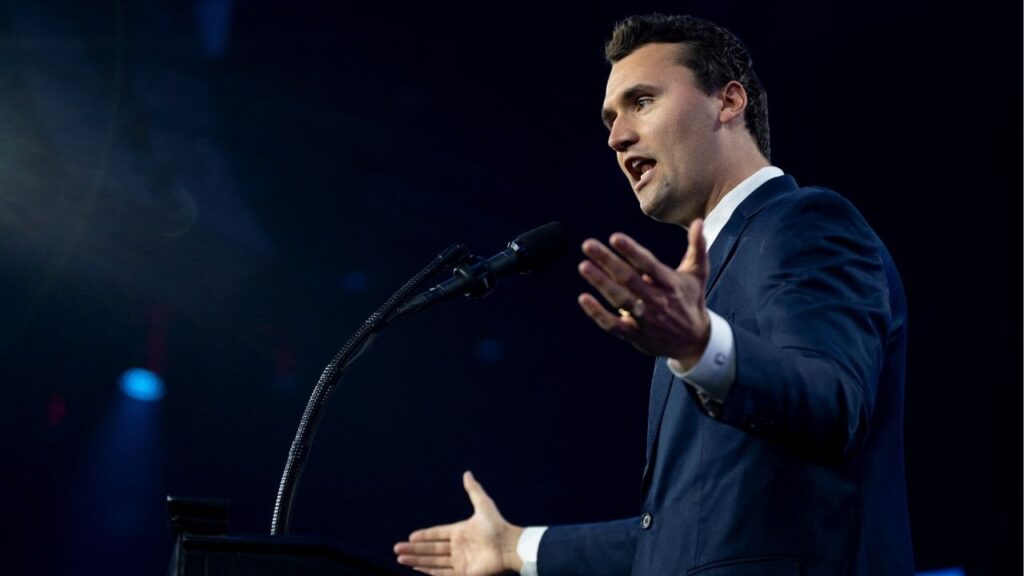
Before we even knew who the shooter was or why it happened, the country was already at war with itself. My feed filled with accusations — liberals being called the “party of murder,” others claiming Kirk’s own words somehow justified what happened. The “thoughts and prayers” from politicians felt hollow against the background noise of finger-pointing, scorekeeping, and self-righteous hot takes.
And that’s what scares me most.
We are getting to a place where tragedy no longer ties us together — where even something as horrific as this becomes ammunition in the culture and politics wars. I felt that same knot in my stomach that I did as a kid on 9/11, that same sinking fear that we are too divided to find our way back to each other.
Unity without empathy is just noise. And right now, it feels like no one is listening.
—
Connect with Anthony W. Haddad on social media. Got a tip? Send an email.






